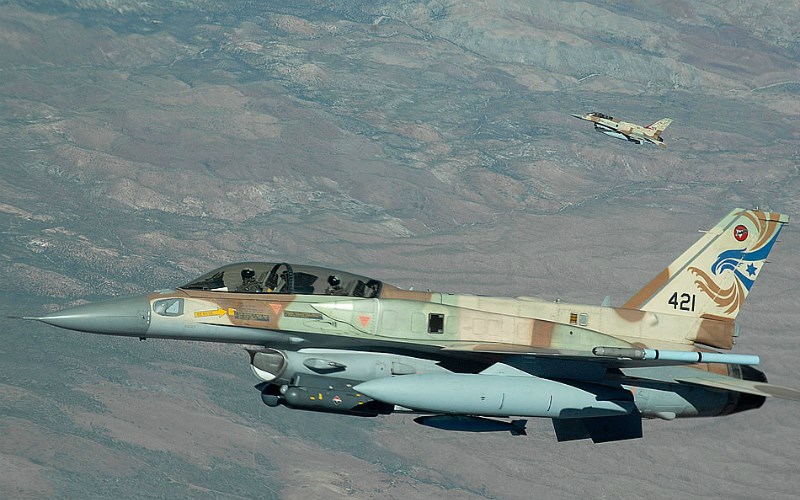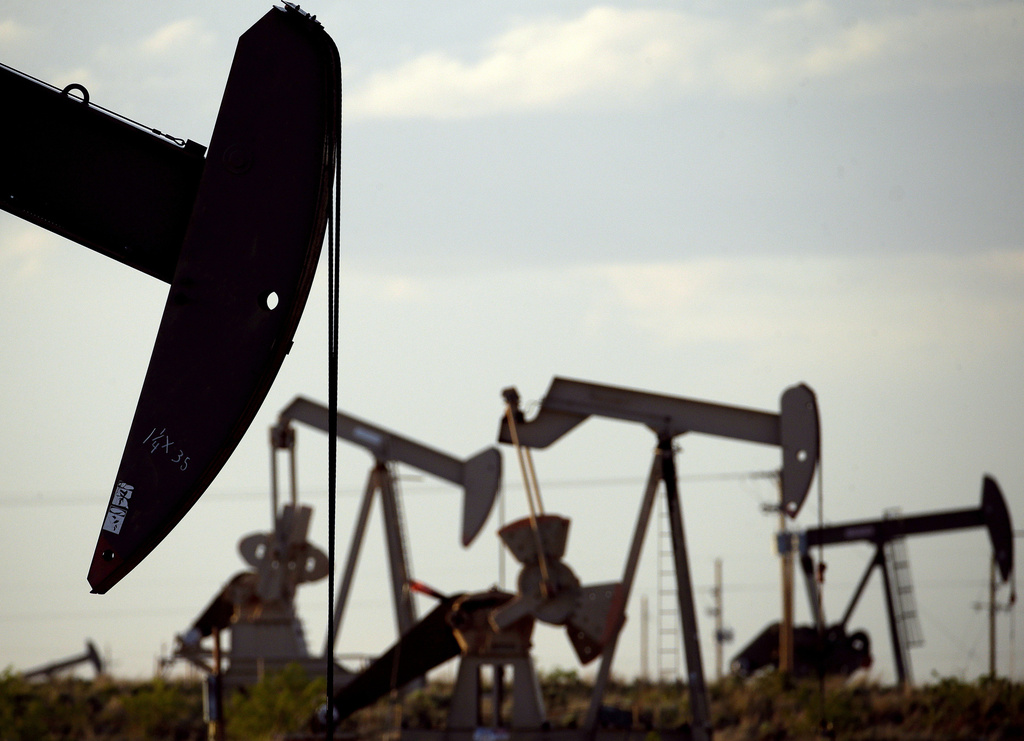No Iranian official directly acknowledged the possibility that Israel had attacked, and the Israeli military did not respond to a request for comment.
Speaking at the G7 meeting in Capri, Italian Foreign Minister Antonio Tajani said the U.S. received “last-minute” information from Israel about the attack on Isfahan. U.S. Secretary of State Antony Blinken did not dispute that, but said: "We were not involved in any offensive operations.”
The apparent attack came on Iranian Supreme Leader Ayatollah Ali Khamenei's 85th birthday. Israeli politicians also made comments hinting that the country had launched an attack.
Air defense batteries fired in several provinces over reports of drones being in the air, Iranian state television reported. Iranian army commander Gen. Abdolrahim Mousavi said crews targeted several flying objects.
“The explosion this morning in the sky of Isfahan was related to the shooting of air defense systems at a suspicious object that did not cause any damage,” Mousavi said.
Analysts said the relatively limited scope of the Israeli attack and the subdued response by Iran seemed to indicate the threat of an immediate escalation had diminished.
“Both sides downplayed it, is the biggest of stories” out of the latest attack, said Alex Vatanka, director of the Iran program at the Washington-based Middle East Institute research center. “Neither side is ready to jump over the brink.’’
He noted Mousavi's muted response in declining to blame Israel directly.
“Talking in the third person” about “some objects flying. I don’t know what else he could have done to downplay what happened,” Vatanka said of the Iranian general's comments.
Authorities said air defenses fired at a major air base in Isfahan, which long has been home to Iran's fleet of American-made F-14 Tomcats — purchased before the 1979 Islamic Revolution.
The Tasnim news agency published a video from one of its reporters, who said he was in the southeastern Zerdenjan area of Isfahan, near its “nuclear energy mountain.” The footage showed two different anti-aircraft gun positions, and details of the video corresponded with known features of the site of Iran's Uranium Conversion Facility at Isfahan.
“At 4:45, we heard gunshots. There was nothing going on,” he said. “It was the air defense, these guys that you’re watching, and over there too.”
The facility at Isfahan operates three small Chinese-supplied research reactors, as well as handling fuel production and other activities for Iran's civilian nuclear program.
Isfahan also is home to sites associated with Iran's nuclear program, including its underground Natanz enrichment site, which has been repeatedly targeted by suspected Israeli sabotage attacks.
State television described all atomic sites in the area as “fully safe." The United Nations' nuclear watchdog, the International Atomic Energy Agency, also said “there is no damage to Iran’s nuclear sites” after the incident.
The IAEA “continues to call for extreme restraint from everybody and reiterates that nuclear facilities should never be a target in military conflicts,” the agency said.
Iran's nuclear program has rapidly advanced to producing enriched uranium at nearly weapons-grade levels since the collapse of its atomic deal with world powers after then-President Donald Trump withdrew America from the accord in 2018.
While Iran insists its program is for peaceful purposes, Western nations and the IAEA say Tehran operated a secret military weapons program until 2003. The IAEA that Iran now holds enough enriched uranium to build several nuclear weapons if it chose to do so — though the U.S. intelligence community maintains Tehran is not actively seeking the bomb.
Around the time of the incident in Iran, Syria's state-run SANA news agency quoted a military statement saying Israel carried out a missile strike targeting an air defense unit in its south and causing material damage. The Britain-based Syrian Observatory for Human Rights, an opposition war monitor, said the strike hit a military radar for government forces. It was not clear if there were casualties, the Observatory said.
That area of Syria is directly west of Isfahan, some 930 miles away, and east of Israel.
Meanwhile in Iraq, where a number of Iranian-backed militias are based, residents of Baghdad reported hearing sounds of explosions, but the source of the noise was not immediately clear.







